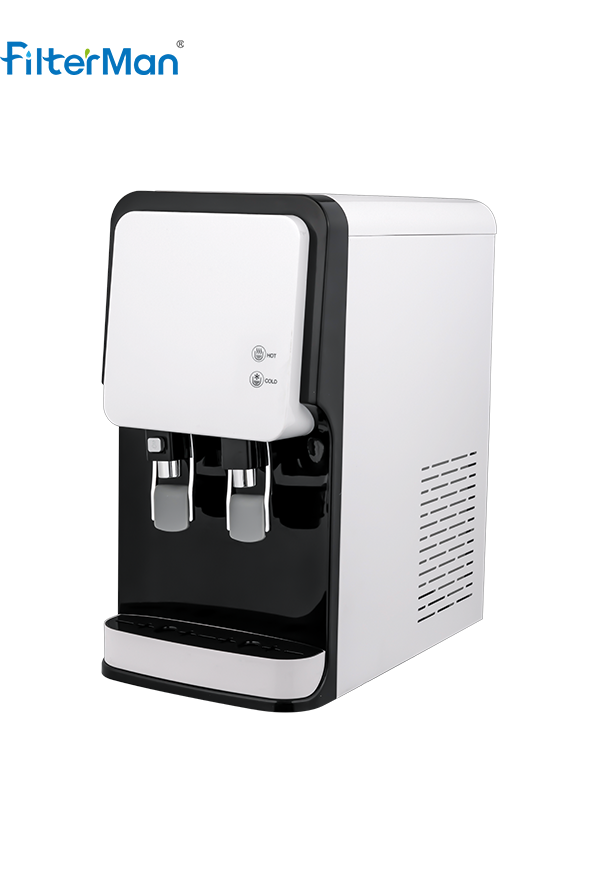Reverse osmosis (RO) is widely regarded as one of the most effective methods for producing clean and purified drinking water. However, whether Reverse Osmosis Water Filter Dispenser qualifies as the "ultimate" solution depends on various factors and individual preferences. Here's a more detailed exploration:
-
Effectiveness: RO systems are highly efficient at removing a wide range of contaminants, including dissolved salts, minerals, heavy metals, organic compounds, and microorganisms. They typically achieve purification levels of 90% to 99%, making the water exceptionally clean and safe to drink.
-
Versatility: RO systems can treat various water sources, including tap water, well water, and brackish water, making them suitable for both residential and commercial applications. They are particularly beneficial in areas where water quality is poor or where specific contaminants need to be removed.

-
Mineral Removal: While RO effectively removes contaminants, it also eliminates beneficial minerals like calcium and magnesium. Some argue that this mineral depletion affects the taste and health benefits of water. However, opinions on the necessity of these minerals vary among experts.
-
Waste Water: RO systems produce wastewater as a byproduct of the filtration process. This can be a concern in terms of water conservation and environmental impact, although newer systems are becoming more efficient in reducing this waste.
-
Initial and Maintenance Costs: RO systems tend to have higher upfront costs compared to other filtration methods, and they require periodic maintenance, including filter replacements and system sanitization. However, many consider these costs justified by the quality of water they provide.
-
Individual Needs: The suitability of RO as the ultimate solution for clean drinking water depends on individual needs, preferences, and circumstances. Factors such as water quality, budget, space constraints, and environmental considerations all play a role in determining the best water treatment option for a particular situation.
In conclusion, while reverse osmosis offers exceptional water purification capabilities, whether it represents the ultimate solution for clean drinking water is subjective and dependent on various factors. It is undoubtedly an excellent choice for many applications, but careful consideration of specific needs and preferences is essential when selecting a water treatment system.

 English
English 简体中文
简体中文
 English
English










